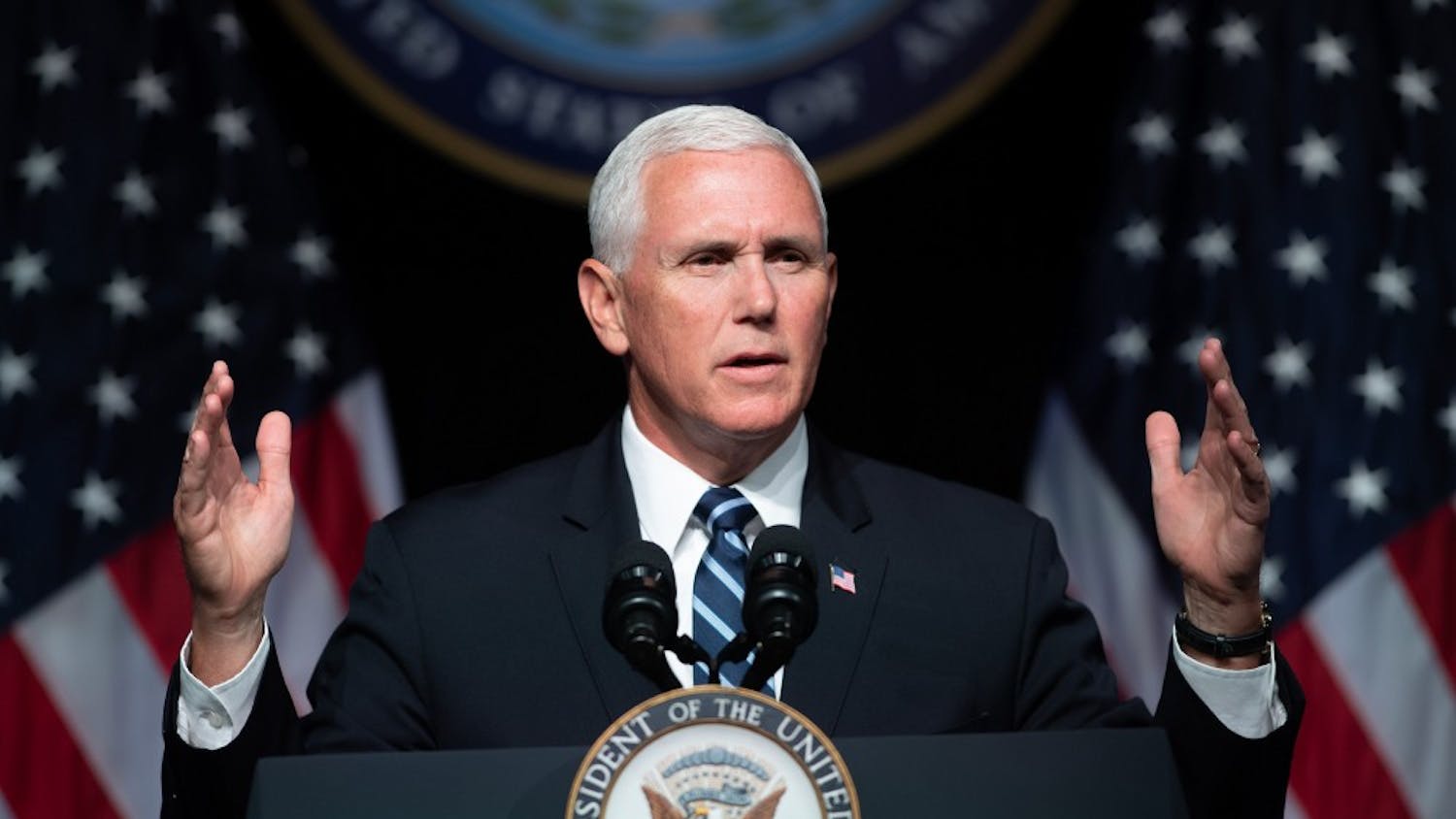Is four ply toilet paper really worth the cost?
The Natural Resource Defense Council released in an article for EcoWatch on Feb. 21 that mentioned millions of acres of the Canadian forest were going toward the production of toilet paper.
The same article claimed 28 million acres of Canada’s Boreal Forest had been logged between 1996 and 2015. That equates to an area the size of Ohio, or over 933 Disney Worlds. Phil Grabowski, assistant professor of sustainable development, stated the blame could go three ways.
“You could blame the consumer for wanting soft toilet paper, you could blame the company for having such a high demand or you could blame the Canadian government for how they’re managing their resources,” Grabowski said.
He added that one of the biggest questions many people fail to ask is, “What demand are we establishing that makes it hard to set a policy against it?” Grabowski said what’s most enlightening is the significant environmental impact.
The impact toilet paper has on ecosystems such as the Canadian boreal forest is, according to Grabowski, the biggest concern. He suggests consumers choose toilet paper that does not use as many materials. That might mean sacrificing a ply or two.
What’s more, Grabowski suggests sustainability could start with people making the commitment to help the environment. He states simple actions, such as cutting down on large amounts of toilet paper or losing the straw, can get one in the habit of stewarding the earth.
“It’s not a political issue to be concerned about the environment,” Grabowski said. “It’s part of our biblical call to take care of the earth.”
Grabowski also believes that reducing consumption of unnecessary materials — such as switching to two ply or recycling — can help people honor God. He also stated that overconsumption and pollution of the earth harms others and therefore goes against God’s call for us to love others.
While aware of the deforestation occurring in the Canadian forest, Brian Dewar, assistant professor of biology, is more disturbed by the production process. According to the Scientific American, 437 billion gallons of water go into the annual production of toilet paper.
“Water is a precious resource that we don’t pay enough respect to,” Dewar said.
Dewar made a point to question how people are being sustainable if they don’t know the true meaning of sustainability.
According to him, sustainability is the capacity of an ecosystem to be diverse. He believes people often get the wrong idea of what sustainability is, and therefore, many individuals aren’t really doing anything to help the environment.
“If (sustainability) is misconstrued, you’re not really doing anything,” Dewar said. “To call something sustainable without any knowledge of what it is is ineffective.”
Hannah Farmer, a senior biology major, also argues that people are unaware of their environmental impact. Farmer, who spent her second semester sophomore year in Ecuador, said that her return to America prompted consciousness surrounding her actions.
Farmer said people in Ecuador were unable to flush toilet paper; they had to throw it away instead. She claimed this action made her much more aware of the unnecessary amount she was using.
“Not just here at Taylor, but everyone in a first world country takes advantages of using resources like water or toilet paper,” Farmer said. “Taking shorter showers, not letting the water run when doing dishes or when brushing your teeth are all ways to protect the environment.”
Grabowski believes many people do not realize the impact something as simple as toilet paper has in the long run. Recycled paper eventually turns into toilet paper: the fiber in recycled paper, he said, gets thinner and thinner each time it’s recycled. By the time it reaches production of toilet paper, it’s much more viable.
He also commented on the large amount of water used in production and encouraged others to focus on the bigger picture.
“As a whole, our Earth is running out of clean water,” Grabowski said. “Indiana is blessed as a whole with clean water. When we waste water, we’re really wasting energy.”
He mentioned the wood pulp being put into toilet paper is ultimately depleting the energy used. In Southern states, water depletion is more of an issue, but what people in places like Indiana are using up is energy.
For Midwestern states, this means the energy needed to purify water is being depleted and the system cannot keep up with their demands. Students in Grabowski’s Environment and Society class are required to take a test measuring how they contribute to the ecological footprint.
For Taylor students, the average number of resources used equates to the resources of three earths.
“In the United States, it’s hard to (use the resources) equivalent to one earth,” Grabowski said. “50% of it is that people are using more resources than the earth has as a whole.”
Farmer, who is aware of her ecological footprint, bikes from her class in Randall to her job at the health center across the street and has found no problems with this method of transportation.
“I believe change starts with the small things and the reason why we don’t do it is because we believe changing our own actions won’t make a difference,” Farmer said. “But if everyone made small collaborative changes to their own lives, imagine the change we would see around the world.”




